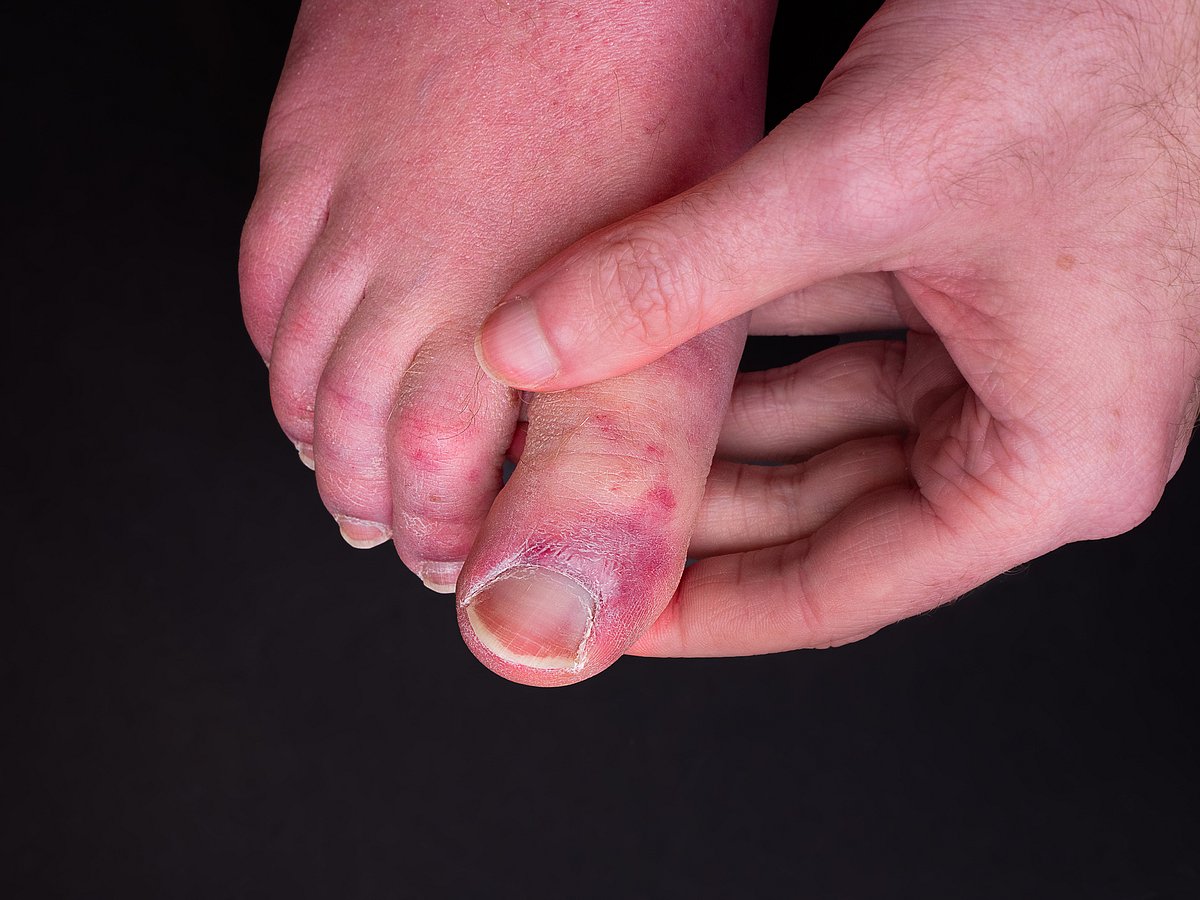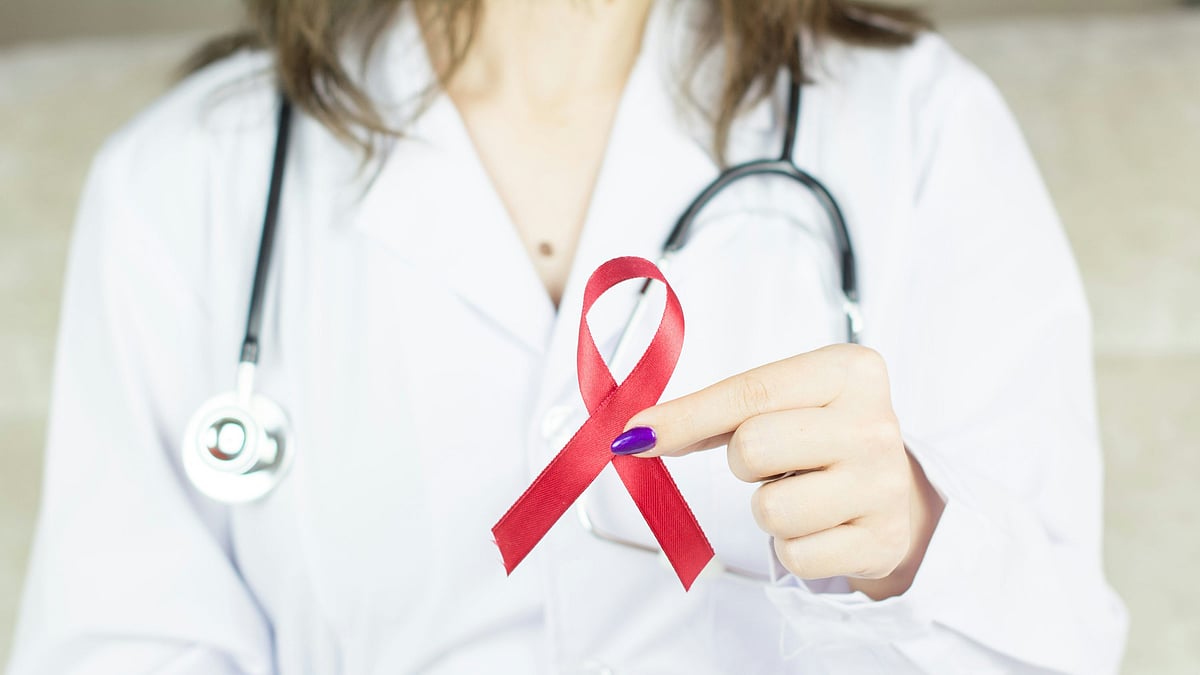In 1847, Hungarian medical doctor Ignaz Semmelweis had generated conclusive scientific evidence that handwashing by hospital staff, before performing any medical and surgical procedure, can prevent infections and reduce mortality. For this contribution, Semmelweis is often referred to as the father of hand hygiene.
A few decades later, Florence Nightingale, the founder of modern nursing, implemented handwashing and other hygiene practices with improved patient outcomes, in the hospital in Italy, where she was working. These two initiatives had resulted in increased adoption of hand hygiene in hospital settings, the world over.
It took another century to provide evidence that handwashing can contribute to improved health and nutritional status in the general population as well. A scientific study, in the 1940s, on school children proved that washing their hands before eating can prevent illnesses. Thereafter, though handwashing started to become an accepted practice for many. However, the proportion of the population practising regular handwashing remained low.
It was only in the 1980s when a few food-borne outbreaks and healthcare-associated infections led the United States Centers for Disease Control and Prevention (US CDC) to identify hand hygiene as an important way to prevent the spread of infection. The first nationally endorsed hand-hygiene guidelines were developed in the US. This brought attention to handwashing as a public health intervention.

In the last few decades, the importance of handwashing with soap has been increasingly recognised as one of the proven, cost-effective, affordable interventions to prevent diseases. Handwashing education in the community has been shown to prevent one in three diarrheal illnesses and one in five respiratory infections, such as a cold or the flu. Handwashing prevents the spread of infections, including influenza and Ebola. In the ongoing pandemic, UNICEF has estimated that handwashing can reduce up to 36 per cent risk of SRAS CoV2 infection.
Yet, despite the evidence, there are wide variations in the practice of handwashing by geographies and socio-economic status. A study in 51 countries noted wide variation in handwashing practice despite not much difference in availability of water and soap. Then, there are variations in the practice by the socio-economic strata.
Many households do have access to soap for laundry, dishwashing or bathing, but not for handwashing. Handwashing is influenced not only by access to handwashing facilities but a lot depends upon cultural and behavioural factors and social norms.
The interventions to make handwashing universal, need to focus upon behaviour change, helping make handwashing a habit. Improving handwashing practices requires individuals or communities to be aware of proper handwashing behaviour and be motivated. Access to soap, water, and a place to wash hands is critical.
However, the knowledge about how and when to wash hands. The two factors are not sufficient and sustaining these practices need to promote and motivate people to wash their hands. Studies show that it needs 20 seconds of handwashing to remove harmful germs and chemicals. Washing hands for a shorter duration will not have much effect on eradicating germs.
Both bar and liquid soap work well to remove germs. For the general public, washing hands with water and any type of soap is equally effective. However, there is a recommendation of antibacterial soap for professionals in healthcare settings. For handwashing to be effective, the behaviour must be practised consistently and sustained over time.
Also, the supply-side interventions to improve access to facilities for hand washing, support habit formation; increase the research into the impact of hygiene, and foster collaborations need to be strengthened. Interventions to improve handwashing could contribute to accelerating progress towards SDG 6 and other Sustainable Development Goals.
The COVID-19 pandemic has increased our awareness about handwashing and its role in reducing the risk of transmission. We have one more opportunity to improve handwashing practices. It will contribute to halt the Covid-19 pandemic and prevent other infections and diseases.
Since 2008, October 15 has been observed as Global Handwashing Day. The global handwashing day is an opportunity to spread awareness about the benefits of washing hands. It is an opportunity for all stakeholders to come together and work for a common cause. This day can be used to design, implement innovative interventions to encourage people to wash their hands with soap, at all critical times.
The opportunities should be explored to integrate various handwashing-related behaviour change interventions in the initiatives linked to Swachh Bharat Mission, Nal Se Jal Abhiyan as well as health and wellness initiatives under the Ayushman Bharat programme.
The re-opening of schools for in-person classes in Indian states should be supplemented by improved Water, Sanitation and Hygiene (WASH) interventions at the school level. The union and state governments may consider creating a few indicators in the existing dashboard to monitor progress on various aspects of handwashing.
Global Handwashing Day 2021 is falling on the day of festivity, which symbolises the victory of good or evil. This year, let’s pledge to defeat ‘dirty and unhygienic hands’ and start making handwashing a habit. The theme of the day in 2021 is “Our Future is at Hand – Let’s Move Forward Together.” On this day, let’s all commute to make clean washing hands with soap and water, a habit. It prevents diseases and keeps us all healthy.
(Dr Chandrakant Lahariya is a Public Policy and Health Systems Specialist and Dr Swati Mahajan is a Primary Healthcare Specialist. Both are based in New Delhi.)












